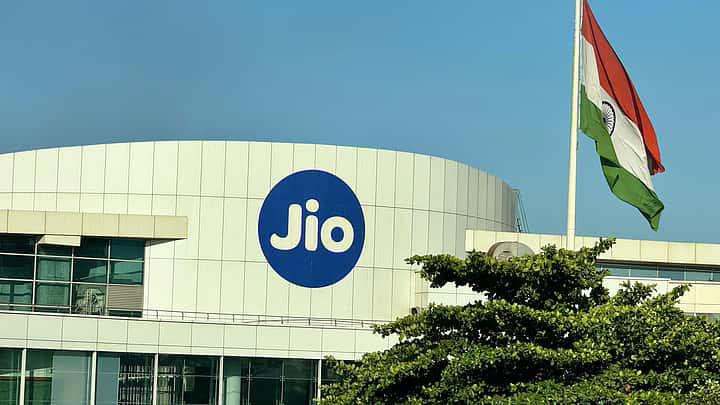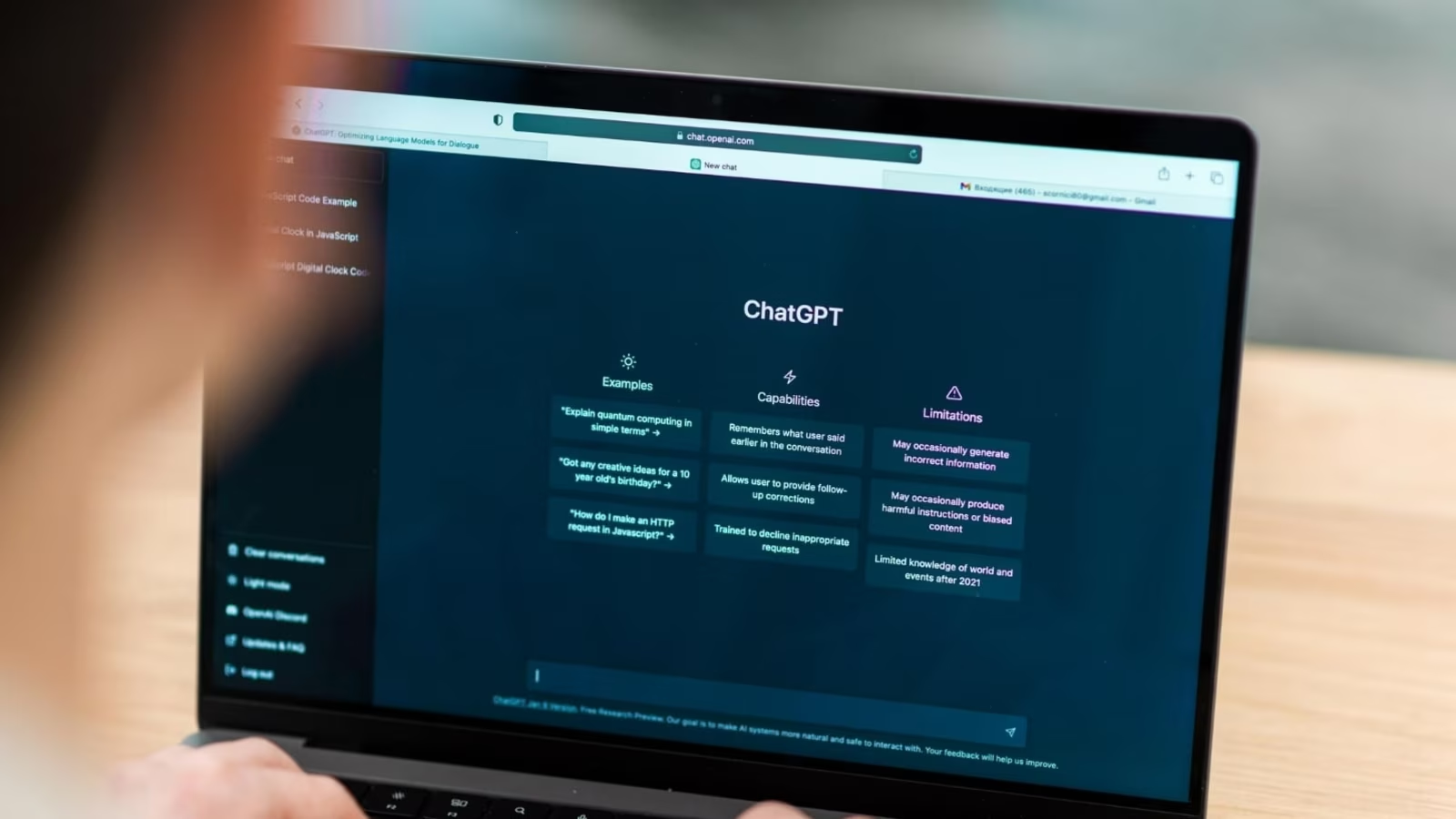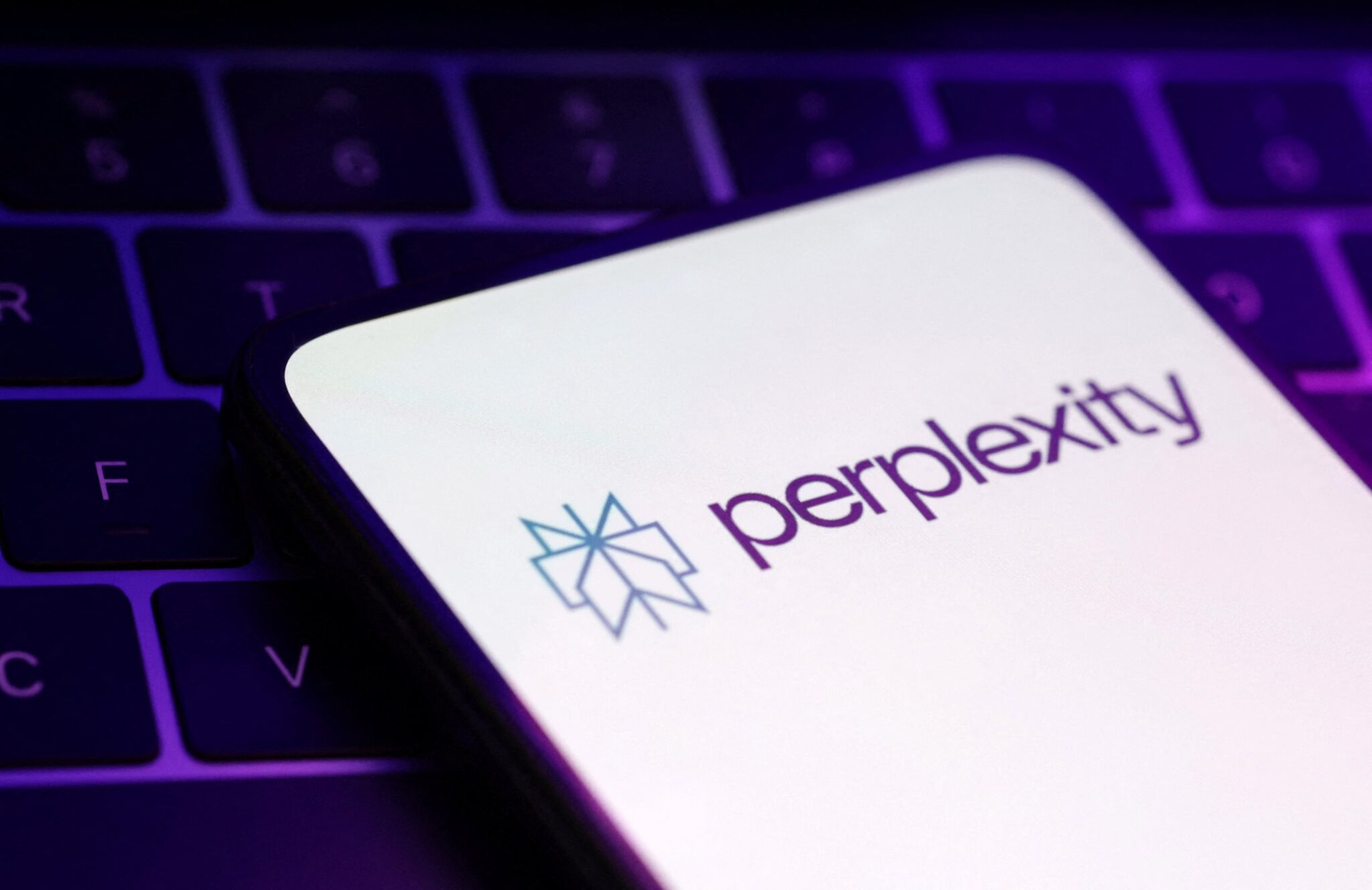Reliance Jio, the telecom arm of Reliance Industries, has quietly withdrawn its entry-level prepaid plans that offered 1 gigabyte of data per day. With this change, the minimum recharge cost for many users has gone up, as the new base plan now starts at Rs 299. This effectively removes cheaper options such as the Rs 209 plan with 22-day validity and the Rs 249 plan with 28-day validity. For anyone who relied on those budget packs, the 1.5 GB per day plan has now become the new starting point.
Key takeaways
- Jio has discontinued its 1 GB/day plans, including the widely used Rs 209 and Rs 249 packs.
- The most affordable daily data plan now begins at Rs 299, offering 1.5 GB per day.
- The move is aimed at boosting Jio’s average revenue per user (ARPU).
- The Rs 299 base plan now mirrors what Airtel and Vodafone Idea charge at the entry level.
- More tariff hikes are expected across the telecom sector in the near future.
Changes to Jio’s prepaid plans
For years, the 1 GB/day plan was almost a default choice for light internet users. It was enough for social media, messaging, and some browsing. Since Jio entered the market, these plans played a big role in drawing millions of subscribers because of their affordability. But with this adjustment, someone who was paying Rs 249 for 28 days will now need to spend Rs 299 to continue getting daily data.
The new Rs 299 pack provides 1.5 GB per day for 28 days. On paper, it looks like more value since it gives 500 MB extra every day. In reality though, it is also a bump in the minimum monthly expense. This shift is closely tied to Jio’s focus on increasing ARPU, a key measure of profitability in telecom. By raising the entry-level plan, Jio ensures that even its lightest data users are contributing more to its revenue.
Industry impact and market analysis
What Jio has done here is bring its pricing closer to that of its competitors. Both Airtel and Vodafone Idea have their base-level plans at roughly Rs 299, but those typically cap daily usage at 1 GB. In that sense, Jio still provides a slight edge by offering 1.5 GB at the same rate.
Telecom analysts see this as an early signal of what is to come. The last major tariff hikes happened in 2024, when all three private players raised prices by nearly 19 to 21 percent. That round of hikes pushed some customers toward the state-run BSNL, which still offers cheaper alternatives. Looking ahead, agencies such as ICRA expect another wave of price revisions between October 2025 and January 2026. The reason is straightforward. The telecom industry needs more revenue to cover the enormous costs of 5G rollout. Operators in India have already invested over Rs 2 lakh crore in 5G infrastructure, and more investment will be needed.
This latest move by Jio marks a shift in its strategy. For much of the past decade, Jio’s approach was built on affordability and rapid user growth. Having already amassed over 460 million subscribers, the focus now seems to be profitability rather than sheer numbers. One could also argue that by nudging users onto slightly higher-value plans, Jio is paving the way for heavier data consumption. That in turn might encourage upgrades to even more expensive packs in the future.
Related FAQs
Q1: What will happen to my existing 1 GB/day plan?
A: Your active plan will continue to work as it is until its validity ends. Once it expires, you will need to choose from the new plans available.
Q2: Can I still recharge the old 1 GB/day plans from a retailer?
A: According to some reports, the discontinued plans may still be available for recharge at some physical retail stores, but they have been removed from online recharge platforms like MyJio and other apps.
Q3: Why is Jio increasing its prices?
A: Jio’s price increase is mainly to boost its average revenue per user (ARPU) and recover the massive costs incurred from building and expanding its 5G network across India.
Q4: Will other telecom companies also increase their plan prices?
A: Yes, it is widely expected that other telecom operators like Airtel and Vodafone Idea will also increase their tariffs in the coming months to keep up with industry trends and improve their own financial health.



















